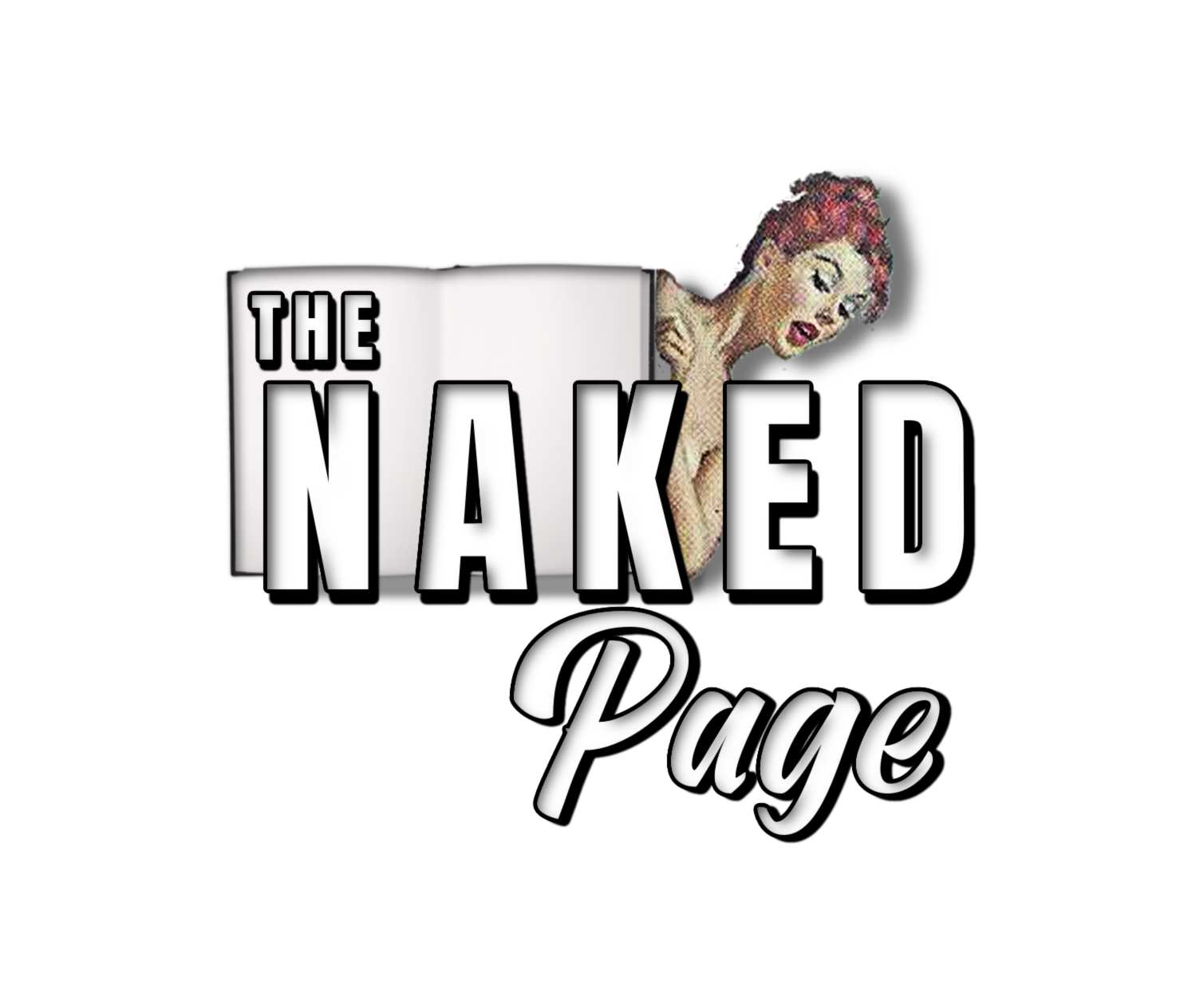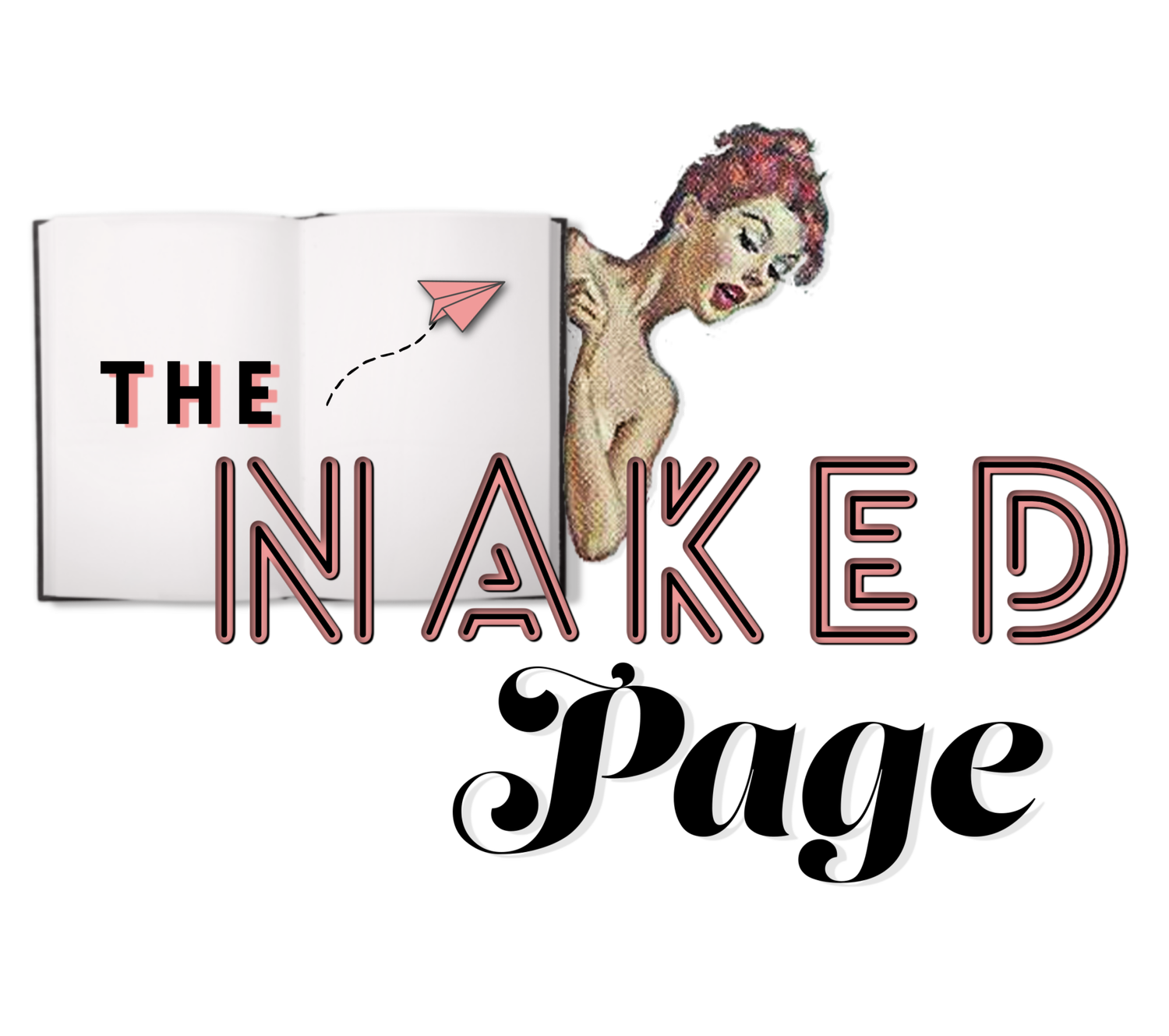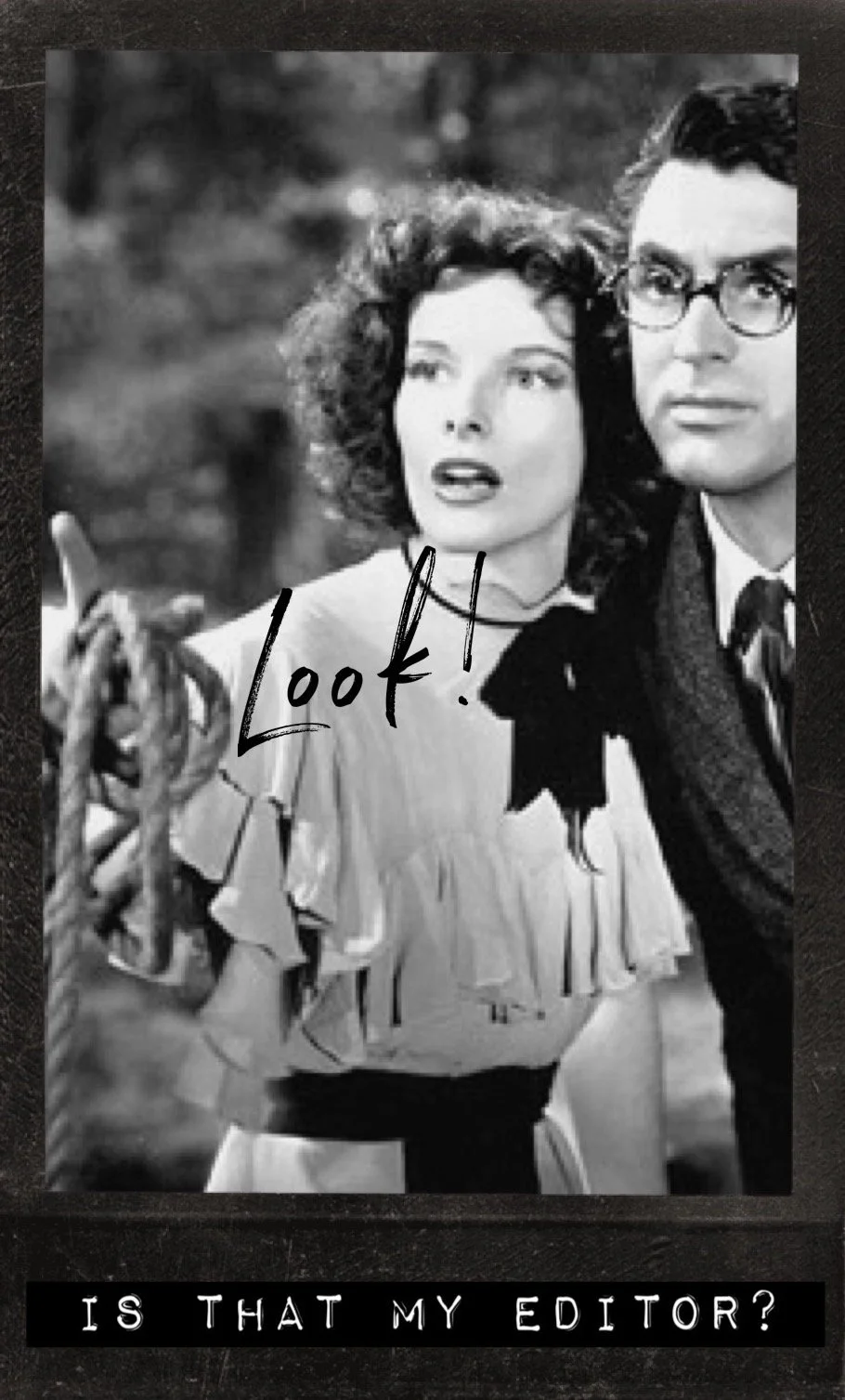Do You Need an Editor?
You’re a writer, right?
Your job is to get creative on the page. So, how in Hiawassee do you know when it’s time to employ an editor? Or when to edit your own work?
Figuring out the editing process leaves most writers scratching their heads. But you absolutely must learn it.
Here’s why:
In high school, you were taught how to write dry research papers. College writing programs got you super philosophical about literature and told you to read, read, read. But none of these programs enlightened you on how to revise your own creative writing. And that leads many people to believe all they need to do is free write with wild abandon and everything will eventually come together on the page.
Sound about right?
Wrong.
There’s a lot more to it. But the editing process often comes off as the hidden secret of the writing world.
You won’t easily find a roadmap for editing, not even among the many craft books on the market. Most revision instruction sounds more like a suggestion from Dory of Finding Nemo than professional advice, “just keep writing, writing, writing.”
Editing gets a bad rap.
Before we lay out specific guidelines, let’s change our perception of editing a bit, shall we?
Unlike other creative forms, in order to edit, writers are expected to shift their brains over to a super technical approach in the middle of their writing process. Does this work?
If you were an artist would you paint a picture, stop halfway through, take off your creative hat, and put on some logical, problem-solving fedora to finish up the picture?
Not on your life! (Although, I like the idea of a problem-solving fedora!)
Bob Ross has never once turned a happy cloud painting into a logically formulated, well-structured cloud painting. Does that mean he doesn’t revise his work? Now, you know and I know Bob Ross fixes his happy little mistakes all the time. He’s moved on to the great beyond and he’s still correcting them on PBS today. So what’s the difference between his work and yours?
If writing is your art, you’ve got to treat it like an art form, right?
That doesn’t mean you don’t take it seriously. That means you use your creative juices throughout the process—a process that doesn’t go cold in the middle of creation. Your creativity should serve you even as you start structuring and stylizing a more formal narrative.
Editing is NOT the big, bad monster of writing. Think of it as an extension of the writing process.
There are loosely five phases of the writing process.
Some flow from one into the next.
Others overlap each other.
Think of these levels of editing as layering in the best craft for your story. You may revisit some of them over and over again. That’s why most of these phases of writing are actually editing in disguise.
Editing is real writing. And it’s just as creative as the free write.
Yes, you must learn to edit your own work as part of the writing process. But before you do, let’s look at the phases:
The Brain Dump
This is free writing where you get your ideas out of your head and onto a page—whether paper or computer.
You write everything you know about the subject. Ideas flow from your pores. You feel vibrant and alive with possibilities.
This is an important part of the process, but plenty of novice writers think this is their only job.
Many believe after this phase, it’s up to someone else—an editor—to finish the process for them.
This would be like a pasta chef preparing the best dough in the restaurant biz, then walking away, expecting someone else to create ravioli, perfect a sauce, and plate the entire meal perfectly.
Do you want to give up that much creative control? I wouldn’t.
Developmental Editing
This is where the fun and big decisions begin.
Yes, it’s more challenging than free writing.
You will have to think.
Make choices.
Throw out some writing.
Rewrite.
Consider your audience: Who’s your ideal reader? How can you best communicate with that person?
What’s your story’s big message? Sure, you’ve got a plot, but what’s the universal theme—the relatable takeaway that’ll leave your audience with memories and wanting more?
Establishing your message is the key to this phase of the process. But your message must be organized into an accessible story structure for your audience.
Stylistic Editing
Your decisions aren’t over, yet.
Just because you have some organization doesn’t mean your sentences and paragraphs flow well.
Is your verb tense consistent? Does the dialogue sound authentic and move the story forward? Can you trim some prepositional phrases so you pick up the pace? You’ve got a solid story structure, but you want your sentences to flow like fine wine.
Poetry.
This is the phase where you must establish your writer’s voice and style.
Copyediting
Once you’ve completed the last two phases of the writing process, you may notice that moving bigger stuff around means you might have inadvertently changed some of the smaller aspects.
Make sure you read and reread your work. Any time you make major changes at the story level you need to make sure the sentence level still makes sense, too.
These are the edits that make one paragraph flow into the next without glaring errors or repetitions. Did you delete a detail that now changed the timeframe of your story? Catch those issues with continuity.
You’re checking for consistent and accurate writing here.
Proofreading
Now, and only now, should you worry about typos, misspellings, and grammatical issues.
Why?
These technical issues don’t show up because you’re a crappy writer.
They show up because you spent your time doing the real work of crafting a story.
You cut, you pasted, you sliced, you diced. Of course, you overlooked that extra “to” in the fourth sentence of the eighteenth paragraph of chapter fourteen.
And sometimes homophones happen.
Deal.
Can you see how going from an imaginative brain dump straight to hiring an editor—ahem… a proofreader—cuts out a huge portion of your creative responsibility?
DO NOT DO THIS! YES, I’M YELLING AT YOU!
Now, what was the original question?
Oh, yes, do you need an editor?
If you’re struggling to understand how to take your writing from a rough draft to a polished manuscript—turning the most delicious dough into pasta—then yes, you should consult with a developmental editor or writing coach. As one of those editing unicorns, I work by guiding writers to understand all the phases of the writing process.
So why don’t I just sign you up today and take your money?
STOP RIGHT THERE. (I’m yelling again, aren’t I?)
I urge you, please invest time into learning the phases of the editing (writing) process first:
Learn why it’s important to choose the right point of view for your story
Seek out a universal theme early in your writing so you anchor your message
Decide who you’re really writing for (why is your message so important?)
Self-editing gives you the power to understand good storytelling.
If you learn to self-edit your stories, you’ll know how to advocate for your words with a real editor.
Let’s play a fantasy game.
Imagine you have a big book contract with Random House. You get assigned an editor, but you two don’t agree on how your book should end. You feel your book’s ending must have a powerful message, but your editor thinks you should go with a feel-good mainstream kind of thing for marketing purposes. Lucky for you, you’ve invested time into learning self-editing skills.
Your ending was written, not just because you like the way it sounds, but because you know it’s the single best ending for your characters and the strength of your message. And you can back up your decision with specific reasons. Since you know the story structure well, you feel confident stating this and asking your editor to state why they want you to make changes.
Could you do that if you hadn’t learned self-editing strategies? Probably not.
But since you understand the editing process, you now know exactly why your story must end the way it does.
Like Steinbeck, you’ll feel empowered to say, “No, I’m not changing my controversial ending because breastfeeding offends some people. I’m keeping what I wrote because it speaks to the entire human condition. My ending may not be mainstream, but it declares that when all is lost we can still depend on each other; we can find hope in humanity.”
If that ain’t the most enlightening part of your writing journey, then I don’t know why you like words.
P.S. And if my literary reference is lost on you, you better go get yourself a copy of the Grapes of Wrath tout suite… send me a review. What’s your favorite literary classic that challenged the status quo?


